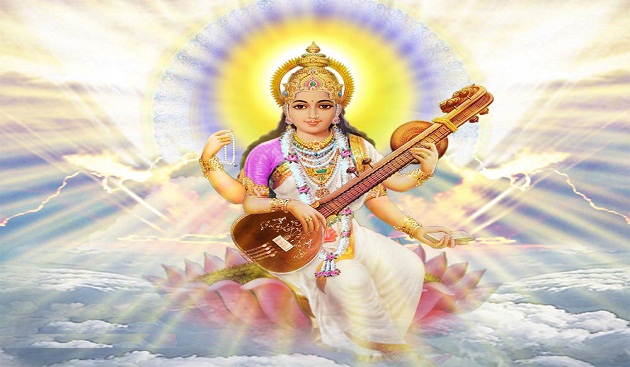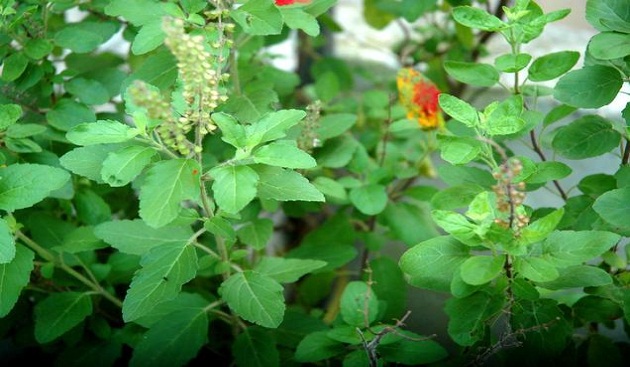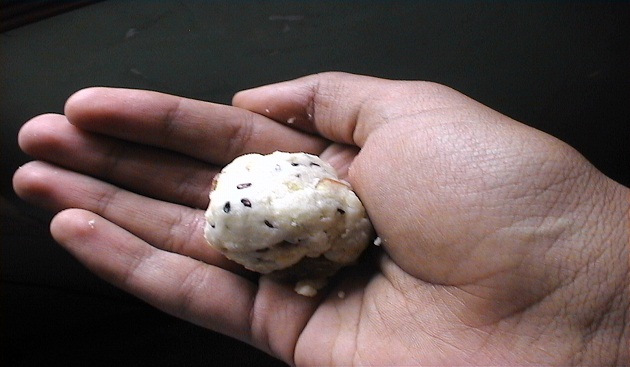Why do we chant Shanti thrice in invocation prayers?
Dayanadaswami says: “ One has to see and enjoy the beauty of prayer. There is no meditation, no ritual without prayer. There is no technique which can replace prayer because in any technique, the will is retained. Here, the will willingly submits. That submission performs the miracle.” That I can pray is itself a blessing and how I pray, makes prayer meaningful to me. All Vedic literature like Upanishads start with “ Shantih Patah” meaning “Peace Invocation”. This is a prayer to the Cosmic powers to ward off all obstacles on the path of study and this prayer is...
Read More





